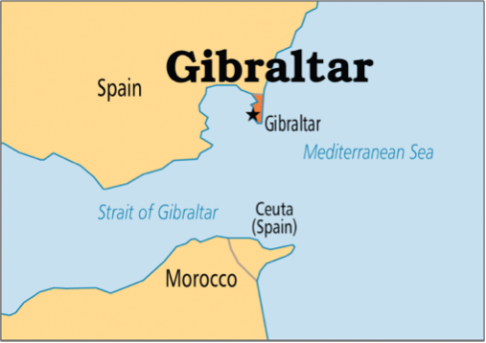I was recently scrolling through my Facebook page to find an odd picture of people in woods on my news feed, so naturally I clicked it. Within a few seconds a video of a graphic execution of 3 poor Mexican women by a Mexican drug cartel began playing. I was really disturbed by the few seconds I saw and it made me wonder why these women were executed in such a brutal manor and how often does it happen?
Surprisingly after searching through a news site for a few seconds, hundreds of search results came up. Recently a drug gang assassinated a Mexican mayor who had a hard stance on gangs in broad daylight. And another story that kept coming up was the public execution of a young woman who was associated with another drugs gang.
One would think a democratic country with an economy and standing like Mexico would take a hard stance on such crimes. But the drugs trade to and from Mexico is so strong that it reaches to the deepest of the country’s politics. Corruption is rife throughout the country’s political system with numerous politicians receiving payments from the cartels for their silence. And those politicians and police who do take a stance against the crime repeatedly receive death threats.
The USA is currently funding and investing into programs that will stop the flow of currency in and out of the two countries, which ultimately gives the cartels such power. But with the current power of the big drug cartels, is it possible for them to be eradicated? I personally don’t believe that they can suddenly disappear. There needs to be a generation long government backed awareness program that deters public support from these vicious gangs. And most importantly there also needs to be a major crackdown on the widespread corruption currently going on.



